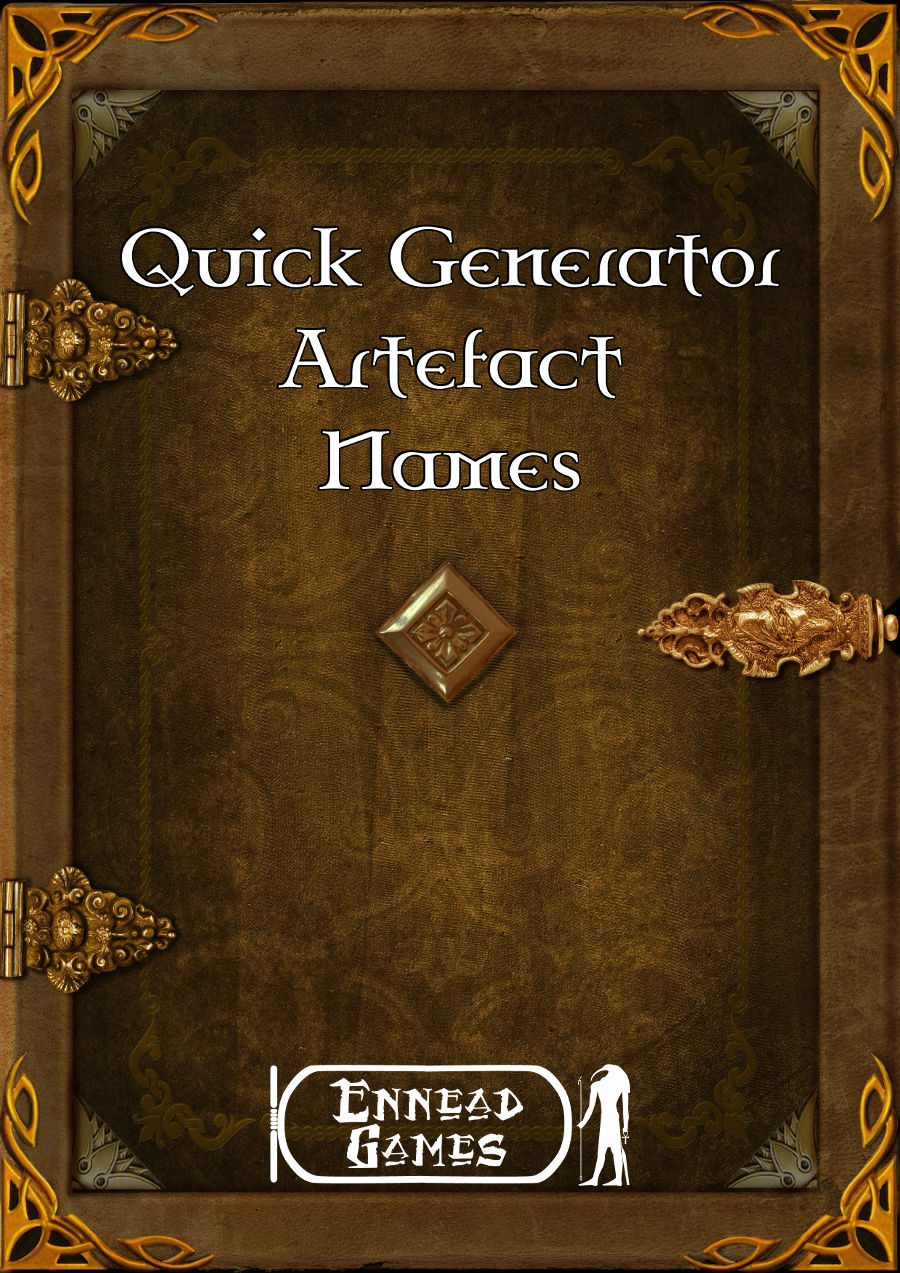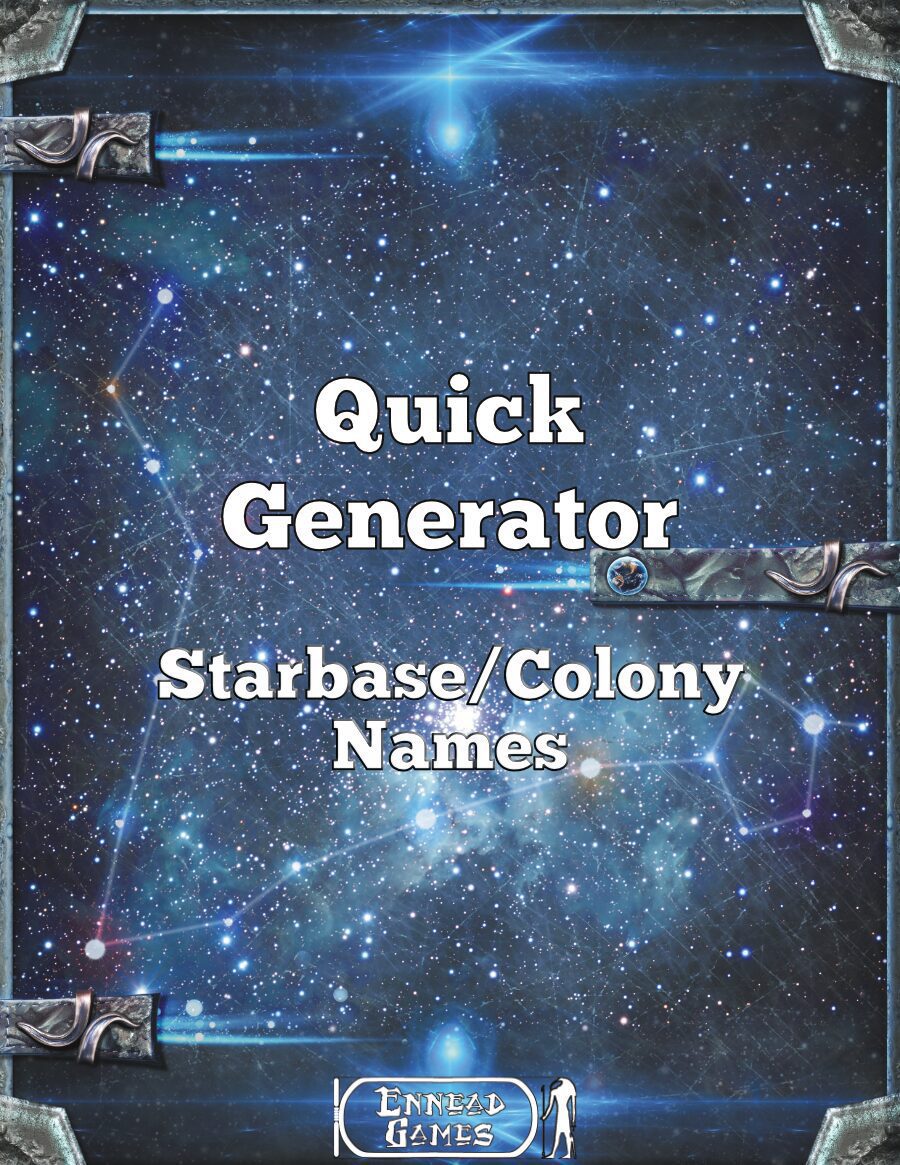
Totally Yes/No and But
Phil Nicholls blogs at Tales of a GM, where he writes about narrative gaming, faster prep and more story. He is currently running a HeroQuest Glorantha campaign in a home-brew setting. Phil has written for Johnn Four’s Roleplaying Tips newsletter and produced a selection of self-published pdfs.
This essay is taken from the archives at Tales of a GM.
Describing the outcome of Heroes’ actions forms one of the major roles of the GM. Can the Hero hit the goblin, climb the wall or bargain with the merchant? For many games this is a binary decision. To paraphrase, the Hero climbs the wall, or does not climb the wall, there is no try. Yet, such tasks in real life are not always so black-and-white. Possible outcomes for a climb check include:
Climb the wall very quickly
Climb the wall steadily
Climb the wall slowly and fatigued at the end
Start to climb the wall, only to become stuck halfway up
Climb a little, then give up
Study the wall, and decide it is too smooth to climb
Climb a little, then slip back down suffering bruises
Climb a lot of the wall, only to fall off and suffer a serious injury
Free Universal
A good narrative set of rules should be able to produce a similar variety of outcomes in response to Player actions. HeroQuest has graded outcomes as part of the contest resolution system, and this has proven very helpful to me. Yet, it is too easy to forget to make enough of a difference between the various grades of victory or defeat. This shortfall became even more apparent to me as I read through a copy of FU, the Freeform/Universal RPG. This little gem of a system is currently available, for free, at DriveThruRPG.
FU lists six possible outcomes for a contest in a way that can easily be applied to other rules systems. Under FU, the possible results, in descending order, are as follows;
- “Yes, and…” The best outcome, with a bonus additional result.
- “..” The basic successful outcome of any task.
- “Yes, but…” A classic Marginal Victory, where the action is successful, but at a cost.
- “No, but..” The action fails, but it was close, and some new, beneficial detail comes to light.
- “.. “ The action fails.
- “No, and… “ The worst outcome, where the action fails and there is an ongoing penalty.
Here was a narrative structure I could marry to the graded HeroQuest outcomes and provide a more nuanced set of outcomes for the Players.
HeroQuest conversion
By adding “Yes, Totally” to the top of the list, and “No, Totally” to the bottom, I turned the six FU outcomes into the eight needed for HQ. I then added some mechanics to the mix to increase the impact of the results. There is a ninth HQ outcome, the Tie, which is little more than a dramatic pause in the narrative.
These FU outcomes lead me towards a simple upgrade for the HQ rules. The narrative prompts help the GM present the results to the Players, yet it is possible to weave in a few more effects. Adding a layer of mechanical consequences to the narrative results helps to highlight the flow of the contest.
First of all, the two “Totally” results see the full five Resolution Points inflicted on the loser, so those outcomes needed no further tweaks. However, in a Group Extended Contest, it might be worth handing out a Lingering +3 Bonus to the victor, to reflect their momentum for having achieved a perfect result in the contest.
Likewise, the pair of “and” results see the Player Hero receive a Lingering effect, in addition to the RP assignment. So, a +3 Bonus for the “Yes, and”, or a -3 Penalty for the “No, and.” Morale, momentum, fatigue or injury can all be reflected here. Alternatively, the GM can impose narrative bonuses and penalties. Dropped swords, additional opponents, falling to the ground or similar changes in the situation, would all apply here. For a Player Victory, then the opponent is affected, or vice-versa.
The simple “Yes” and “No” results represent Minor Victory or Defeat, and do not need any changes. Finally, the Marginal outcomes, which are likely to be the most common, are the “but” results. A Marginal Victory for the Player, under this system, bestows a single RP at the cost of a -3 Lingering Penalty to the Hero. Meanwhile, a Marginal Defeat inflicts the single RP on the Hero, but the opponent takes the -3 Penalty. In a Simple Contest, this could be replaced by some minor change in the narrative that would permit a second attempt at the task, but against a Resistance that is one step lower.
This method produces a lot more Lingering Penalties, as these are generated through the course of an Extended Contest. Yet, I found my Players remove these relatively easily, so there is no long-term effect. However, what this method does give us is an element of attrition in a Contest. In turn, this leads to greater creativity on the part of the Players as they avoid grinding contests.
At the Table
I noted two main results when I introduced this expanded system. Firstly, and most importantly, the different levels of Victory and Defeat felt more distinct. These differences become more pronounced as we all became more familiar with this House Rule.
Secondly, the Players took a different attitude towards the Marginal Defeats. Now, there was a small from a Marginal Defeat, so was not always “bumped” away. Likewise, a Marginal Victory is something of a two-edged sword.
Happy Gaming
Phil
For more essays from Phil, and updates about his latest campaign, visit Tales of a GM.




One thought on “[Tales of a GM] – Totally Yes/No and But”
Comments are closed.